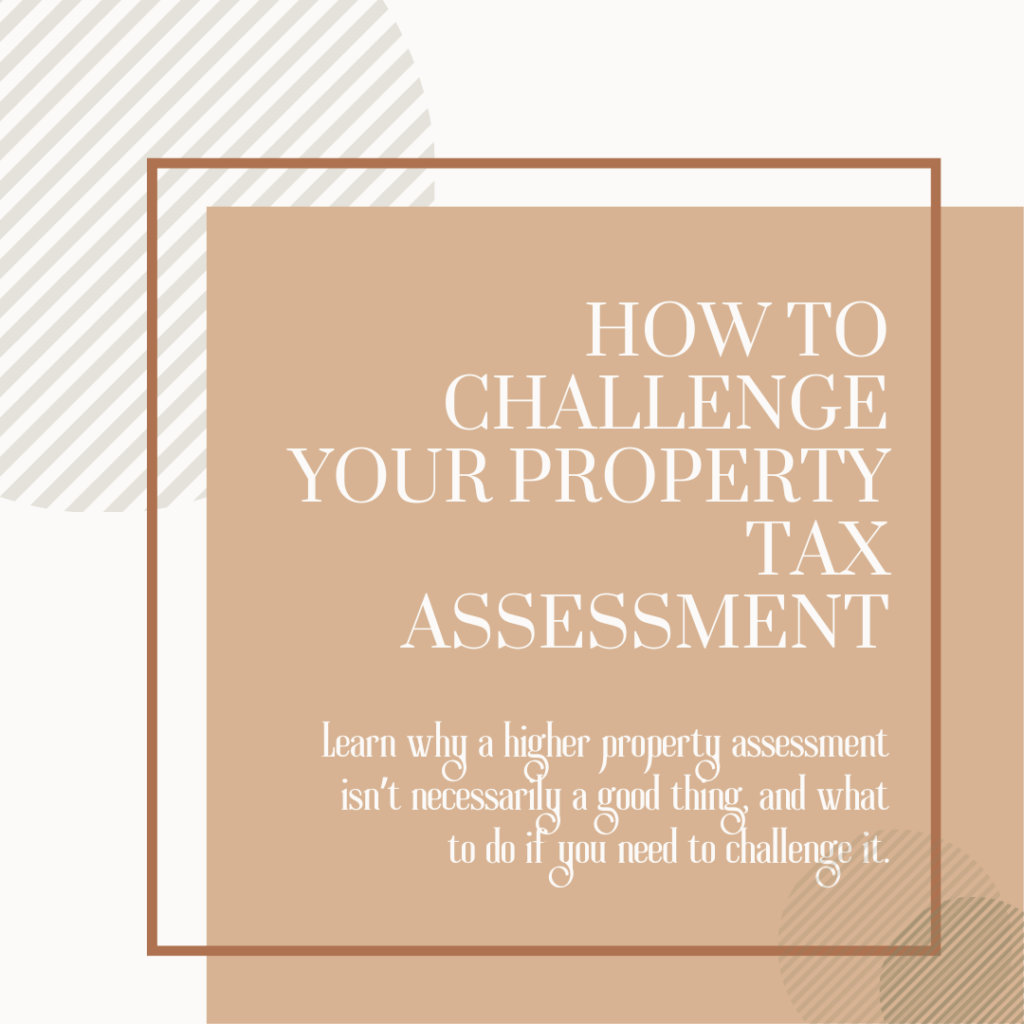
At first glance, seeing your home increase in value seems like a huge win. And it is! It means you made a smart decision purchasing this property. Major kudos to you! Unfortunately, as with almost everything in life, this achievement can be a double-sided sword. Before you pop the (expensive) bubbly, you might want to take a closer look at your tax assessment. As the value of your home increases, so do your property taxes. Today’s article will break down all you need to know about property taxes in Colorado and guide you through the process of challenging an assessment that seems way too high.
Property Taxes in Colorado
Let’s get to the nitty gritty.
According to Colorado law, property values are re-assessed every two years (specifically odd years, don’t ask me why). Once the property value has been estimated, and the value rate is set, that number is multiplied by the mill rate to calculate your total property taxes.
In the end, you could face one of two dilemmas. Either the assessment you receive is higher than you expected (and your property taxes are going to be really expensive), or it’s lower than expected (and your property value is low, which sucks if you want to sell).
If you aren’t happy with the numbers you’re looking at, you can always challenge your property assessment. In many cases, you’ll be able to finesse the system a little bit and hopefully save some money! How, you ask? Read on.
Review Your Assessment Carefully
Whether you’re a new homeowner or not, look carefully at each new assessment. The details change from year to year, so don’t skip the fine print. You want to avoid leaving it in the hands of the lender. After all, you receive a copy of your bill each month because, in the end, you’re responsible for any mistakes.
The estimate may not be completely accurate, depending on the current market, location, and home features. You are the only one with real skin in the game, so be your own advocate!
Finally, pay attention to important dates —you may have a limited time to appeal if there’s a problem.
Must-Do Steps for the Appeals Process
Here are the four steps you need to take if you wish to appeal your assessment:
Do Some Research
- Records are kept at your tax assessor’s office. You can view them anytime.
- Assessors use replacement or comparable sales prices to determine a home’s fair market value. The fair market value is a home’s estimated price on the open market.
- Depending on the jurisdiction, the assessed value can be the full market value or a percentage of the market value (an assessment ratio).
- Find out when your home/neighborhood was last fully appraised. How has the value been calculated since then? The longer it’s been since the previous appraisal, the more likely your assessment value is off.
Correct Errors
- Make sure the description of your home is accurate. Verify the lot size, the number and type of rooms, and the square footage. This is very important, so look closely.
- Look for small mistakes, such as a full bathroom recorded as a half-bath or a screened porch that’s included in your year-round living space. It happens more than you think, so double-check.
Compare to Other Homes
- Look at public records to see how your home stacks up to comparable homes in the neighborhood. “Comparable” means homes of the same size, age, and general location. For example, homes near a busy road are valued less than those next to a quiet park or wooded area.
- Use online resources to compare the value of your home. Many online tools can show you how your home’s value relates to your location and current market.
- We are all about transparency in 2023. Don’t be shy; ask around to see how similar properties in your area compare.
- Hire a real estate professional if you’re not up for doing the legwork yourself. (Hint… I know a good one!)
File an Appeal
- If your assessment seems unfair, ensure you have the proof and the paperwork to back up any claims. You can’t just cry wolf, so be prepared.
- The red tape is thick, my friend. Make a plan and pay attention to deadlines. The appeals procedure will vary by jurisdiction. Here are some online resources relating to property taxes in Colorado:
If your property tax assessment feels wrong, but you can’t find the problem (or just feel overwhelmed) get in touch! You’ve got enough on your plate without scheduling a trip to the county records office on your lunch break.
Hey, this is what I do for a living. My years of expertise mean I can easily spot problem areas in your contract and help you secure an appraisal. Let’s work together to figure out how you can save money and get the most out of your gorgeous new home.
Hi, there!
I'm Lauren Haug! I'm a teacher-turned-real estate agent, and I teach people how to build wealth through real estate in Northern Colorado.
Let's Meet
Contact
970-685-9460
lauren@sweetheartcityliving.com
Buy
My Listings
Sell
All Articles
schedule your free consultation